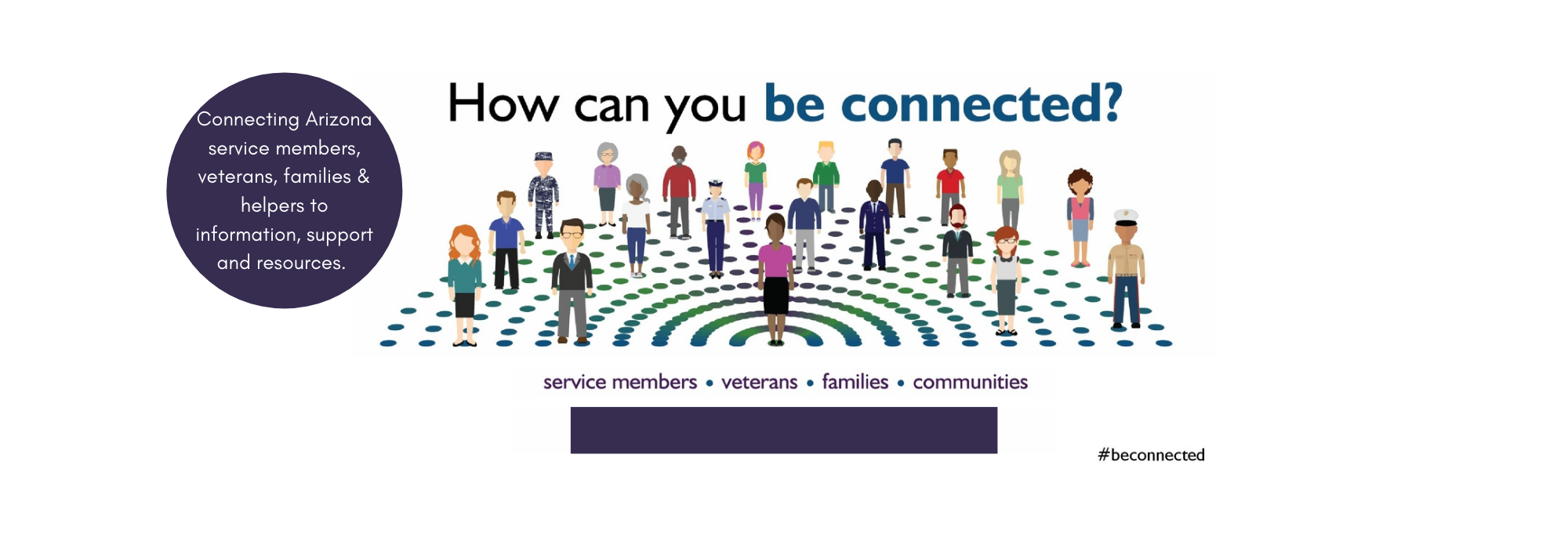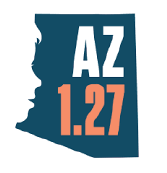CLICK HERE FOR COVID-19 FAITH-BASED RESOURCES
The Governor's Office of Youth, Faith and Family (GOYFF) serves as the Governor’s faith-based office, recognizing the faith-based community as a valuable resource in addressing social needs. GOYFF encourages faith-based organizations in their work, supplying information and resources, and partnering with the faith community to better serve our most vulnerable individuals, families and communities.
Get Involved! Learn how your organization can provide help and healing through the following initiatives:
In support of Arizona's 500,000+ service members, veterans, and their families, GOYFF is partnering with the Arizona Coalition for Military Families, Arizona Department of Veterans’ Services, and the Be Connected program, to launch the Be Connected: Faith Network. Faith-based communities across Arizona play a critical role in supporting our service members and their families. Learn more about how you can partner to strengthen faith-based support for our military members:
Watch videos from the event
Learn more about Be Connected: Faith Network
Arizona's faith communities have supported children and families, and our state continues to benefit from the care and concern being expressed. Arizona 1.27 is a church-based movement to engage the local church in the Arizona child welfare system. Learn more about how you can help support Arizona parents and children to ensure our communities thrive.
Learn more about Arizona 1.27

CarePortal is an online platform that brings the needs of hurting children and families in your community to your attention. Caseworkers uncover the needs. CarePortal makes local churches aware, giving them a real-time opportunity to respond.
Learn More about CarePortal
Join the Trauma-Informed Faith Community Movement!
We are proud to support efforts to integrate trauma-informed, strength-based, and promising practices that promote safety and stability into the programs, events, and initiatives of the faith-based community based on:
- Scientific Evidence on Adverse Childhood Experiences (ACEs) and Toxic Stress
- Trauma-Informed Care (TIC)
- Resiliency as a message of hope
The How To’s of Faith-Based Community Engagement:
Trust develops into new relationships through time, shared experiences, and familiarity with the common language and frame of reference. In the most effective collaboration, partners take time to develop a base of common knowledge. This requires learning about each other. Integrity and trust are essential.
Engagement occurs along a continuum from information sharing to cooperation to coordination to collaboration. Each step builds relationships and lays the foundation for long-term partnerships and improved outcomes.
Community partnerships require the following essential elements to facilitate planning and problem-solving:
- Open, honest, and consistent reflection and communication.
- Mutual respect and civility in dealing with differences.
- Accommodation and compromise to keep the process going.
- The generosity of spirit and sharing of resources for greater impact.
- Faith and determination that the process will lead to a greater good.
The most effective partnerships will occur after a plan of action has been adopted and specific roles identified. It's important to remember as with all communities, differences in worldview and tensions exist. These differences are not mutually exclusive. All partners must understand this from the start and accept these differences rather than allow them to interfere with the partnership's work. We are better together.






